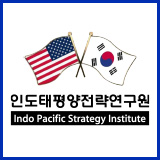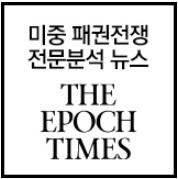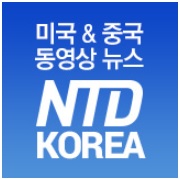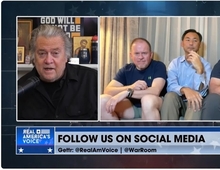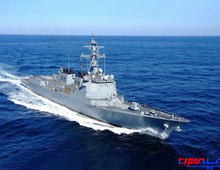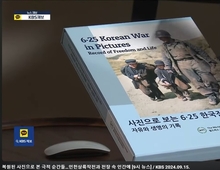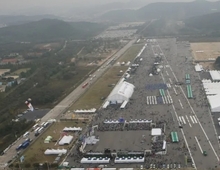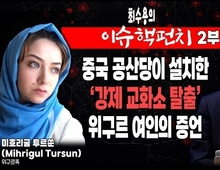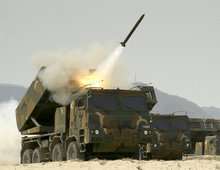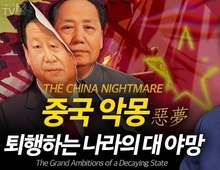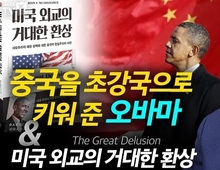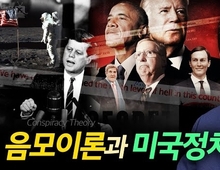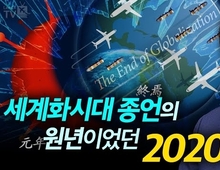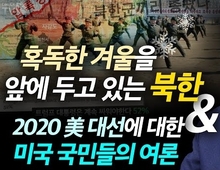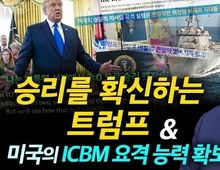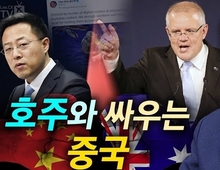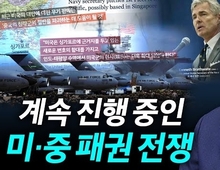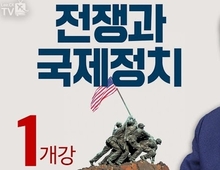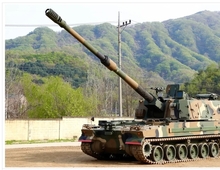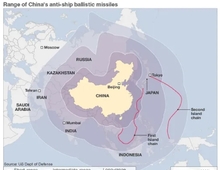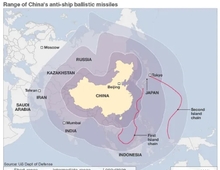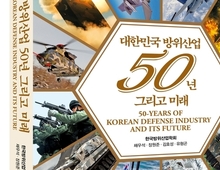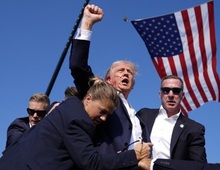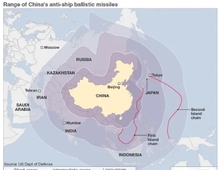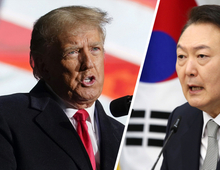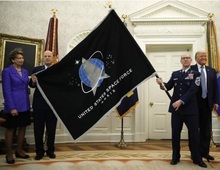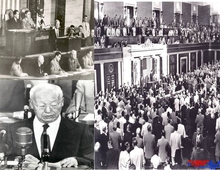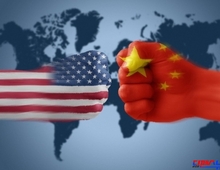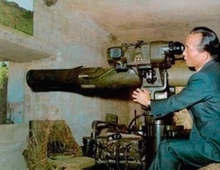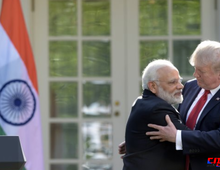지난 3월 17일 워싱턴포스트지에는 포스트 코로나전략을 일찌감치 수립해놓고
가장 먼저 팬데믹에서 탈출한 국가 중국이 전세계가 아직 전염병 퇴치로 골머리를 썩고 있는 동안 미국을 제치고 선두에 오를 묘수를 두고 있었다는
내용인 "How China is planning to use the coronavirus
crisis to its advantage"라는 제하의 기사가 실렸다. 다음은 기사 전문이다.
워싱턴은 지금 어떻게 하면 코로나바이러스 사태로 중국과의 경제 디커플링(decoupling)을 촉진시킬 수 있을지에 대한 논의가 한창이다. 그러나
중국 정부는 완전 정반대로 생각하고 있다. 베이징은 이 위기를 이용해 중국의 대미 경제전략 추진을 준비
중이다. 우리는 이 점에 주목하기 시작해야 한다.
트럼프 행정부는 3년 동안 중국의 경제 침략과 불공정 무역 관행을 중단시키기 위해 관세, 협상, 미국 산업 보호 조치 등을 통해 압박해왔다. 베이징은 처음부터 이
전략에 질색을 하며 이 사안들 중 극소수만을 다루는 "1단계"
무역 협정을 마지못해 체결했을 뿐이다.
이제 몇몇 중국 정부기관과
관료들은 중국이 신종 코로나바이러스로부터 회복하기 시작한 첫 번째 나라라는
점을 어떻게 활용할 수 있을지에 대해 공개적으로 이야기하고 있다(그 이유는 중국이 최초의 전염국가이었기
때문이다).
“그들은 포스트 코로나 전략을 가지고 있고, 그것은 이미 진행중입니다.” 라고 중국 정부와 경제 활동성을 추적하는 컨설팅 회사 Horizon Advisory 의 공동 설립자 네이트 피카식이 말했다.
Horizon 은 중국 정부와 미디어 매체에서 가져온 신규 리포트를 공표했다. 그것은 서방 경제들의 경기 침체를 중국의 이익을 위해 베이징이 활용할 방법에 대해 상세히 설명하는 것이었다. 중국은 더 많은 외국인 직접 투자를 모색하고, 주요 산업에서 시장 점유율을 확보하여 서방의 악행에 직면하지 않도록 노력할 계획이다.
“베이징은 중국의 파괴적인 존재인 미국의 노력을 역전시키려 한다. 동시에 미국과 유럽의 관계를 서서히 멀어지게 하는 것이 목적이다.” 라고 보고서에 밝혔다.
2008 년 금융위기 이후, 베이징은 거대한 정부 보조금과 철저한 지적 재산 절도를 이용하여 자국의 챔피언 기업을 구축해 경제적 빈곤을 채웠고, 12 년 뒤 지금 가장 거대하고 유능한 몇몇 기업들이 중국을 본거지로 두고 있게 되었다.
중국은 서방 기업들이 뒤쳐져 있는 동안 시장을 침수시키고 점유율을 증가시키기 위해 다양한 상품들을 과잉생산 하는 것을 계획하고 있다. 또한 중국의 시장이 미국의 시장보다 먼저 반등하게 될 때, 자신들의 시장이 외국자본들에 대한 피난처가 되게 하려고 한다.
“중국은 미국과 세계 시스템에 강압적인 영향력을 행사할 수 있는 공동 노드와 시스템에 대해 오랜 전략을 계획하고 있다.”고 Horizon 의 다른 공동 설립자인 에밀리 디라 브루에리가 말했다. “현재 세계가 정지되고 있는 동안, 중국은 훨씬 더 빠르고 공격적으로 자신들의 노드와 시스템을 움직일 수 있는 기회를 보고 있다.”
중국은 의약품과 의약 원료에 대한 생산량을 증가시키고 있다. 중국 국영 언론의 한 논평에 의하면, 중국이 약물성분을 보유하지 않으면, 강력한 코로나 바이러스의 바다로 미국을 곤두박질 치게 할 수 있다고 위협했다.
장기적으로, 중국 국영 언론의 평론가는 특히 중요한 섹터인 5G, 초고속 철도, 신 에너지 차량, 인공지능과 산업 인터넷 분야에서 해외 중국 기업들의 포스트 코로나 바이러스의 확장을 촉구하고 있다.
3 월 4 일 Horizon 리포트에 따르면, “전세계에서 ‘메이드 인 차이나’ 에 의존하고 신뢰하는 나라가 많아지도록 위기를 기회로 바꾸는 것이 가능하다.”라고 중국 과학 아카데미의 한 지안(Han Jian)과 중국 산업경제협회의 민사부 장관이 썼었다고 한다.
아이러니 하지만, 중국은 코로나 바이러스를 다루는 첫 번째 국가이므로, 격리와 치료에 관하여 세계 대부분을 앞질렀다. 미국과 유럽의 경제가 정지되어 있는 동안, 중국 노동자들은 이미 공장으로 돌아갔다.
심지어 미국과 세계는 오늘에 대한 계획을 세울 수 없는 반면, 베이징은 벌써 내일을 위한 계획을 갖고 있다.
“COVID 19 에 있어서, 베이징은 승리의 기회를 노리고 있다. 이번 기회에 중국은 근접 국가로부터 전략적 위치에서 혜택이 있다. 또한 초기에 조치한 이점도 있다” 라고 Horizon 리포트는 주장한다.
한편 워싱턴에서는, 트럼프 대통령의 중국 관세를 좋아하지 않는 일부 국회의원들이 베이징의 관세 철회를 돕고 있다.
뉴욕 타임즈의 보도에 따르면, 패트릭 J. 투미 상원의원과 찰스이 그래 슬리 상원의원은 국가 안보 근거로 부가되었던 철강과 알루미늄 관세가 철폐 되도록 행정부에 촉구하고 있다.
그러나, 미국 철강 노동자의 대통령인 토마스 콘웨이는 국회의원에게 편지를 썻썼는데, 관세를 철회하는 것은 최악의 타이밍에 미국 생산자들에게 손해를 입힐 것이고 중국이 불공정하게 시장 점유율을 얻기 위해 그들의 상품을 떠넘기는데 도움이 되는 것이라고 했다.
“우리의 철강과 그밖에 제조업자들의 모든 고통이 바닥을 칠 때, 중국은 다시 태어날 준비를 하고 있다” 라고 미중경제와 안보 검토 위원회의 위원인 Michael Wessel 가 말했다. “중국은 지금 다른 모든 국가의 고통을 통해 이득을 얻는 방법을 찾고 있다”
트럼프 행정부의 전략은 미국과 중국의 경제를 분리하는 것이 아니라, 중국이 규칙에 따르고 공정하게 경쟁하도록 중국을 강요하는 한편, 그들의 악의적인 활동으로부터 미국의 산업을 보호하고 있는 것이다.
우리는 이 심각하지만 일시적인 건강 위기 때문에 중국과의 장기간 경제 경쟁을 희생할 수 없다. 심지어 베이징은 미래산업의 더 많은 통제를 획득하기 위해 부당하게 상황을 조작하려고 한다. 우리는 더 현명해 져야 하고 더 긴 경기의 시야를 잃지 않고 이 위기를 잘 처리함으로써 그러한 일을 허용하지 않아야 한다.
< 기사원문 >
In Washington, there’s a lot of talk about how the coronavirus crisis could increase the push for more
economic decoupling with China. But the Chinese government is thinking about it in exactly the opposite
way. Beijing is preparing to use the crisis to advance China’s economic strategy against us. We better
start taking notice.
For three years, the Trump administration has been trying to pressure China to stop its economic
aggression and unfair trade practices, using tariffs, negotiations and measures to protect U.S. industries.
Beijing has hated this strategy from the start and only reluctantly struck a “Phase One” trade deal that
addresses few of these issues.
Now, several Chinese government agencies and officials are talking publicly about how China can take
advantage of being the first country to start recovering from the novel coronavirus (because it was the
first country to contract it) to take over the industries of the future.
“They have a post-virus strategy, and it is already underway,” said Nate Picarsic, co-founder of
Horizon Advisory, a consultancy that tracks Chinese government and economic activity.
Horizon issued a new report Sunday, drawn from official Chinese government and media sources, that
spells out how Beijing is planning to use the downturn in Western economies to its benefit. China
intends to seek out more foreign direct investment, seize market share in critical industries and try to
stop the West from confronting its bad behavior.
“Beijing intends to reverse recent US efforts to counteract China’s subversive international presence;
at the same time to chip away at US-Europe relations,” the report states.
After the 2008 financial crisis, Beijing filled the economic void by building up its national champion
companies using huge government subsidies and gross intellectual property theft. Twelve years later,
and now home to some of the world’s largest and most capable firms, China is planning to overproduce
various goods to flood the market and increase its market share while Western companies are on their
backs. China is also setting itself up to be a haven for foreign capital if its markets bounce back before
ours.
“China has a long-standing strategic plan that’s focused on co-opting nodes and systems in which it
thinks it can claim coercive power over the United States and the global system,” said Emily de La
Bruyere, the other co-founder of Horizon. “Now that the world is shutting down, China sees its
opportunity to move in much more quickly and aggressively to those nodes and systems.”
Some of China’s actions seem benign or even helpful. China is ramping up production of medical supplies and ingredients for pharmaceuticals. One commentary in China’s state media threatened that if China withheld drug ingredients, it could plunge the United States into “the mighty sea of coronavirus.”
But in the longer term, Chinese commentators in state media are calling for post-coronavirus
expansion of Chinese companies abroad, especially in key sectors like 5G, high-speed rail, new energy
vehicles, artificial intelligence and the industrial Internet.
“It is possible to turn the crisis into an opportunity — to increase the trust and the dependence of all
countries around the world of ‘Made in China,’” Han Jian, of the Chinese Academy of Sciences and
director of the Ministry of Civil Affairs’s China Industrial Economics Association wrote on March 4,
according to the Horizon report.
It’s ironic, but because China was the first country to deal with coronavirus, it is now ahead of most of
the world in terms of containment and recovery. Chinese workers are already returning to factories,
while the United States and European economies are shutting down. We don’t even have a plan for today,
while Beijing already has a plan for tomorrow. “In COVID-19, Beijing sees the chance to win. This time, China benefits from a near-peer strategic position. It also benefits from first-mover status,” the Horizon report states.
Meanwhile, back in Washington, some lawmakers who never liked President Trump’s China tariffs are
trying to help Beijing undo them. The New York Times reported Sens. Patrick J. Toomey (R-Pa.) and
Charles E. Grassley (R-Iowa) are pushing for the administration to remove steel and aluminum tariffs
that were imposed on national security grounds.
United Steelworkers President Thomas Conway wrote in a Friday letter to lawmakers that eliminating
tariffs now would hurt U.S. producers at the worst possible time and help Chinese companies dump their
products to gain market share unfairly.
“As our steel and other manufacturers all suffer, when the bottom hits, China is poised to come back
in,” said Michael Wessel, a commissioner on the U.S.-China Economic and Security Review Commission.
“China is now looking at ways of taking advantage of everyone else’s suffering.”
The Trump administration’s strategy is not to divorce our two economies, but to compel China to play
by the rules and compete fairly, while protecting our industries from their malign activities. We can’t
sacrifice the long-term economic competition with China because of this serious but temporary health
crisis.
Beijing is trying to manipulate the situation to unfairly take even more control of the industries of the
future. We must be smart and not let that happen, by dealing with the crisis without losing sight of the
longer game.







